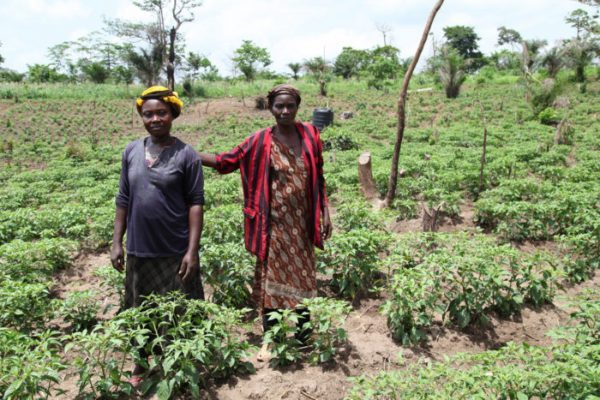Small-holder farmers in Zimbabwe have been experiencing low crop productivity due to a number of factors, including planting inappropriate seeds and seed varieties, labour shortages, loss of agro-biodiversity, insufficient inputs, degrading soils, and recurrent droughts.
This according to the International Maize and Wheat Improvement Center (CIMMYT), has led to broken food systems rendering food and nutrition insecurity.
However, the One CGIAR initiative, Transformational Agro-ecology Across Food, Land, and Water Systems, led by the CIMMYT in Zimbabwe, has been designed to bring agro-ecological advances to small-holder famers in an effort to strengthen local food systems.
The identified farmers are in the Mbire and Murehwa districts of Zimbabwe and have been introduced to innovative agro-ecology interventions, premised on harnessing nature’s goods and services while minimising adverse environmental impacts and improving farmer-consumer connectivity, knowledge co-creation, and inclusive relationships among food system actors.
In response to the challenges faced by the small-holders, they were invited to take part in seed fairs.
The seed fair’s objective was to enable the farmers to access improved and locally adapted seeds of food crops originating from the private sector and fellow farmers.
In addition, the seed fairs provided a platform for learning about agro-ecological practices. Farmers were also given a chance to see different machinery that could aid in land, food, and feed preparation, and address their labor shortage challenges.
At the opening of the seed fair in Mbire, Dorcas Matangi, CIMMYT research associate, acknowledged that smallholder farmers operate in challenging and complex ecological, social, and economic systems and there is a need for interventions that address the natural resource base without ignoring the social and economic dynamics within communities.
“The communal culture of sharing and trading between community members can be capitalized on for a collective benefit. One such case is through events such as seed fairs where we encourage farmers to showcase and sell seeds they know perform very well,” she said.
Matangi showed participating farmers how increasing their crop diversity and using practices such as conservation agriculture techniques benefit the environment and improves food security and nutrition.
“I am grateful for these efforts. Our region is arid, and as such, it is very difficult for our farmers to achieve significant yields to assure them there is enough food for the year,” said Grace Musandaira, a supervisor of the Agriculture Advisory and Rural Development Service.
“In addition, the knowledge provision relating to preserving and improving agro-biodiversity through agro-ecological practices is set to improve rural livelihoods,” she added.
Senzeni Nyagonye, a small-holder farmer in Mbire district, added; “This initiative is teaching and exposing us to so many new concepts such as conservation agriculture with mechanization. If we can apply conservation agriculture with the seeds we bought at this seed fair, we are optimistic about a great harvest.”
A total of 1 058 farmers attended two seed fairs in Mbire and Murehwa districts.
The farmers had the opportunity to access a variety of crop seeds ranging from maize, to sorghum, millets, groundnuts, sweet potatoes, groundnuts, and sunflowers.
More than 200 farmers exhibited local seeds that were available for sale or exchange. Private seed companies also showcased and sold certified drought-tolerant maize, sorghum, bean and cowpea varieties.
“The seed fairs in Mbire and Murehwa were very successful. And we feel these efforts will serve as a useful case study to guide a national scale-up,” Matangi said.








